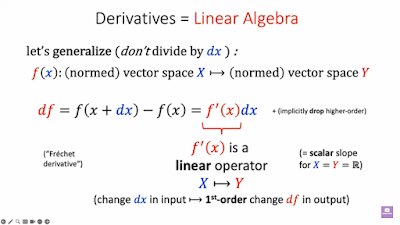Art Is Not Content
This is a very thoughtful and thought-provoking little video essay. It is centered on the idea that any interpretation, i.e. any response the work provokes in the viewer depends upon a context which is both conscious and unconscious, and which inevitably changes with the passage of time, because the viewer is a living being in a constant flux of changing knowledge. See Balcony Room and the piece about Malcolm Lowry and his book Under The Volcano for a striking example of this. I tried reading it thirty or so years ago and I don't think I finished because it made very little sense to me. But hearing these fragments set to music like this had a remarkable effect. But I think I very likely carry the subconscious effects that reading it had on me at the time. I associated it with dark foreboding, and it had no religious significance for me whatsoever, even though I was consciously searching for some religious dimension to my life at the time,as I imagine everybody was, who worked at IBM UK at the time. Or they damned well ought to have been at any rate! Without getting into complexities of representation of original works of fine art, for example by viewing jpeg images on a tiny telephone screen without any color-matching process I can imagine. There is also the question of the context in which the individual art works appear.
I experienced a striking example of this when I first saw a book on the works of Jackson Pollock and I saw them all, or at least some of them in a collection together, and the sense of continuity between works was very strong, though I would be hard-put to describe it in words.
I am just trying to say that we need to make a sort of type-token distinction here when we talk about a particular work with a name, such as The Night Café. There are many different representations of this work. They range from jpeg images on the web to high-quality prints of photographs of the original, to the original itself in a gallery somewhere. They are all the same painting, but the impressions they make on our senses will vary dramatically.
My idea was to create software and hardware that could cope with many different ways of representing things, even ones that I would never have thought of representing myself, in ways that I could never have imagined, obviously. I suppose I've done that, in a way, but it hasn't had the effect on me that I naively hoped for, ... I thought I would be happy doing it, because it seemed to me like a good thing to do.



Comments
Post a Comment